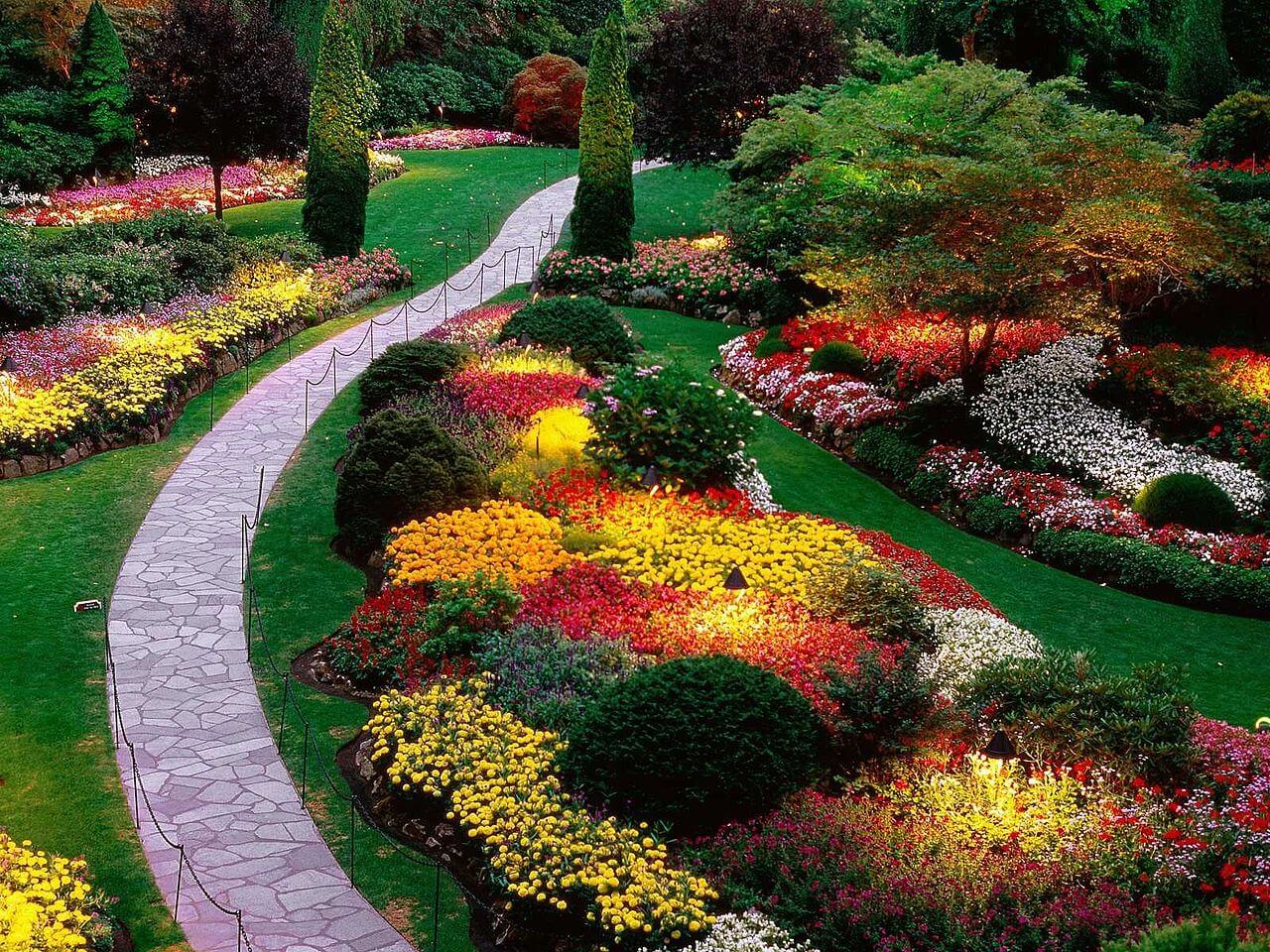
Make a Great First Impression With a Gorgeous Front Yard Landscape
Sometimes to make the home pop, all you need is an entryway display that really packs a punch. So if you want a beautiful front yard landscape that renders relaxed outdoor living, you should treat the grassy area around the house to a little TLC this spring. After all gorgeous lawns don’t create themselves. Plus, your lawn will surely take a beating this summer. The heat and drought along with playing games with your kids or fetch with your dog will most likely take a toll on turf. It’s best you revitalize it now so you’re rewarded with a lush grass.
But DIY-ing your landscape can pose quite a challenge. It requires skills, time, different landscaping materials and knowledge. Even the simplest of tasks like watering can be daunting. This is where landscape professionals can prove to be valuable. They have the resources and landscaping materials that will help you create the swath of green you have in mind. Moreover, professional landscapers are well-versed when it comes to soil type and quality, water usage and more. If however you prefer to give your front yard a makeover yourself, remember, a beautiful lawn starts with strategic planning and right landscaping materials.
The Dirt on Soil
Soil, one of the most important landscaping materials, is the foundation for greenery. The good soil encourages strong root growth, proper drainage and holds nutrients that feed plants. The wrong soil can result in plants failing to grow even if you’re born with a green thumb. Hence it’s best to try to learn more about different types, texture, mineral and nutrient content and acidity to ensure you choose right.
Some of the most fertile types of soil are sand, clay, silt, peat, loam and chalk. Each type is made up of different particles and organic materials which is what determines the texture and whether the soil holds nutrients and moisture well. Also, some types are more alkaline than others.
Why Soil Loves Mulch
Mulch is pretty much a top dressing for soil. It can either be organic (wood products) or inorganic (rock products) and helps reduce soil compaction; protects against soil erosion, prevents weed growth and defines areas. Quality mulch can also help minimize the spread of soil borne diseases and can even serve as an insulator keeping the soil cool during warmer months and warm during winter. Of course if used correctly, therefore, knowing which type to use is important. The most common types of mulch used nowadays are wood chips, pine needles, grass clippings, nutshells, riprap, decomposed granite and even crushed concrete. Depending on whether organic or not, some mulches are permanent while others need to be replaced over time, but all can help create beautiful landscape designs.
Drip Irrigation System: Watering Made Easy
Drip irrigation systems are becoming one of the essential management tools as they provide consistent water to the roots. This not only minimizes water loss but also helps prevent the spread of fungal diseases and weeds from growing. The beauty of drip irrigation system is that it’s designed to complement your lifestyle. It helps ensure your plants thrive in any condition with almost no fuss. If installed properly that is. The right irrigation system (installed right) will help prevent over and under-watering what can encourage fungus and diseases and lead to increased bug activity, respectively. A professional landscaper can set up the most appropriate irrigation system, which can reduce your water bill, and ensure complete coverage for your lawn.
FOR THOSE WHO ENJOY A LITTLE HARD WORK WE CAN ALSO DELIVER MANY LANDSCAPING MATERIALS.
